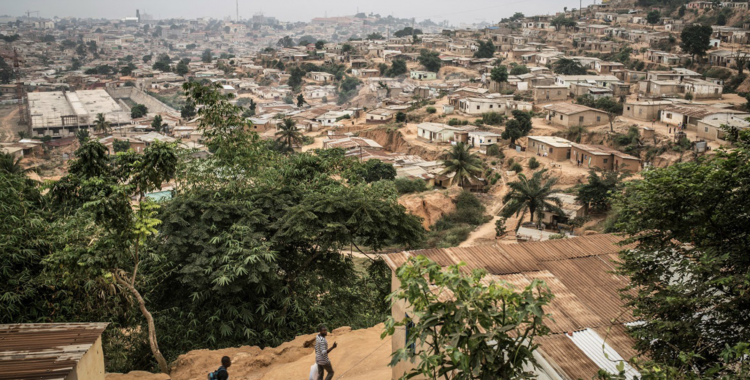“In some way this book is a warning that we are being devoured by other, more aggressive and stronger cultures, so we must also elevate who we are in globalization”, said Tati, speaking to Lusa.
According to the former deputy to the National Assembly, the book talks about the importance of globalization for humanity, arguing that it must integrate the people's own identity.
The work, with more than 200 pages, results from the collection of information from oral sources, but also from the consultation of bibliography, namely books, documents and international archives, mainly from Portugal.
One of the objectives of the book, he highlighted, is not to lose the identity, embodied in the history and culture of the Cabinda people.
“One of the problems that African people faced after decolonization is exactly the issue of their traditions, their cultures and their history, taking into account that during colonization we were subjected to other cultural patterns, to a history that was not ours, our history was practically swept under the carpet”, he expressed.
Today, “as independent, free states, in Africa we need to work to rescue culture and history, facing the danger of it being diluted over time”, argued Raul Tati.
According to the author, it is time to construct the history of Africans in the first person, ceasing to be "that history constructed by others".
Asked whether the work in any way portrays the issue of autonomy demanded by those born in the province of Cabinda, the former vicar of the diocese of that province in the north of the country said that this is not the focus of this book, which talks about the history and traditions of Cabinda.
“I deal with this specific issue in the work before this, ‘Cabinda: Orphan of the Decolonization of the Portuguese Overseas’. Here I address exactly this issue. This is a work that has to do with history. Now, reading the story, people can draw their conclusions,” he declared.
The activist and writer criticized the State for the lack of book policies, such as a subsidy regarding the production of the book, defending the importance of a Government subsidy for this purpose.
“It is very complicated, the printers say they have difficulties with paper, it is very expensive, and of course this also makes book production more expensive and publishers also have difficulties in surviving and no one can get rich producing books here in Angola”, he said , announcing that his fifth book is soon to be released.
Raul Tati is a professor of History and Cultural Anthropology at the Instituto Superior de Ciências de Educação in Cabinda and also a professor of the International Relations course at the Instituto Superior Politécnico Lusíada de Cabinda.







